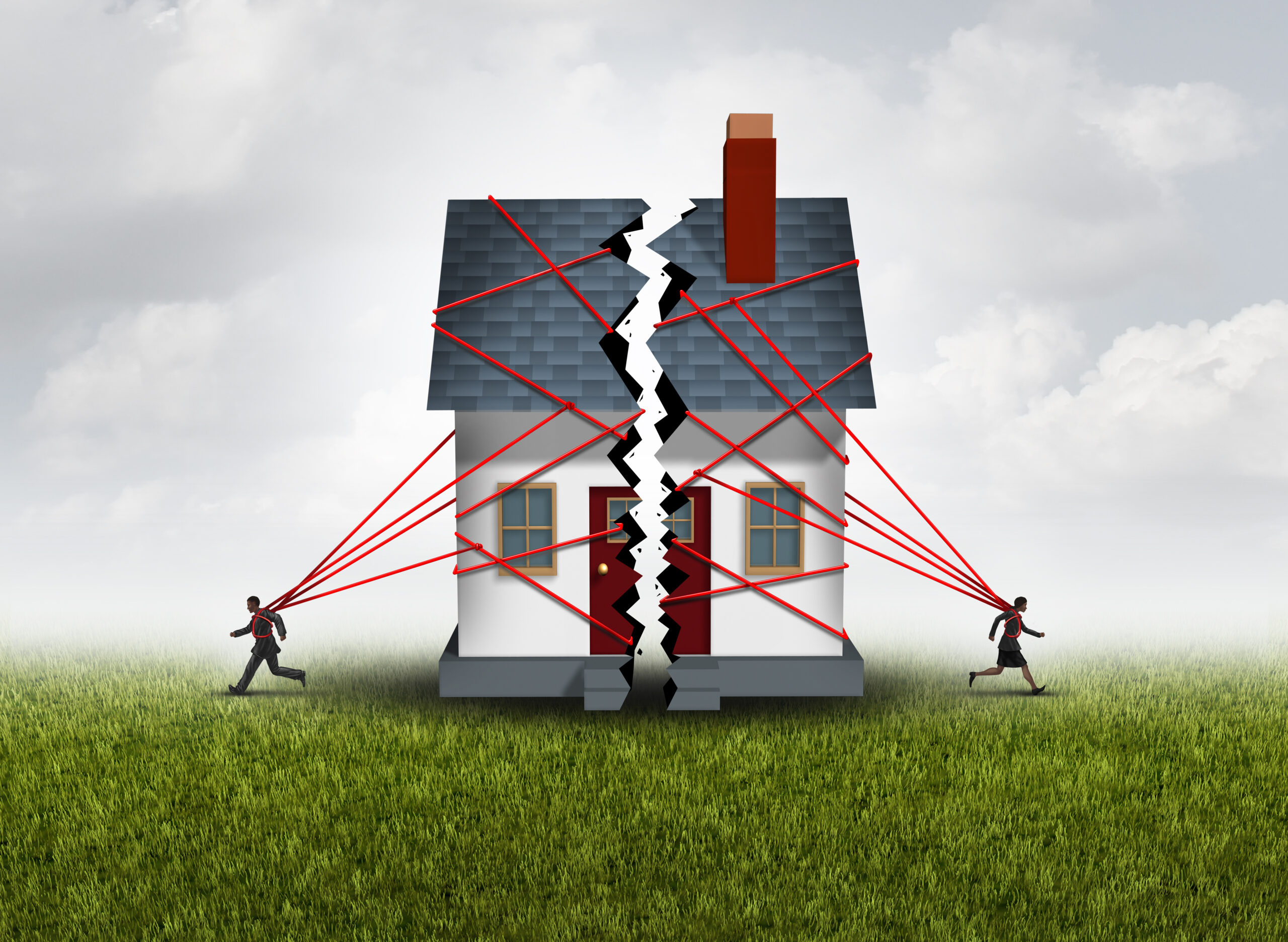Who Gets the House in a Divorce in Washington State?
If you are facing a divorce, you will need to address the equitable – or fair – distribution of your marital assets, and the most considerable of these assets is very likely to be your family home. When it comes to your house, however, there is more to it than simply its value, which can be a considerable challenge in and of itself. There is also the matter of your house being your children’s home, which means that the parent who remains in it will likely take on the role of the primary custodial parent. In fact, even if you divide your parenting time equally, the old, familiar sense of family can remain with the parent who keeps your home. In other words, there is considerable emotional value involved, and both of you may be very invested in keeping your family home, which makes the question of who gets the house of paramount importance.
The Division of Community Property
Those assets that you and your spouse acquire while you are married are considered community property (or marital property) in the State of Washington. As such, your family home is likely to be marital property. Even if the house came with one of you into the marriage, proving its separate nature after a long marriage would likely be difficult. However, in such a situation, this fact could tip the court’s decision toward the home’s original owner (in the determination of who will be keeping the house).
Typically, however, the house is deemed marital, and if one of you is capable of taking on the financial obligation of keeping it on your own, the other will need to be adequately compensated for his or her share. It’s important to note that the other terms of your divorce can play a role in this division. For example, if one of you is set to become the primary custodial parent, the court will likely take this into consideration when it comes to awarding your home.
What’s Considered Community Property
A quick primer regarding community property in the State of Washington includes:
- The property you acquire as a married couple is community property, and the property that you bring into the marriage with you (and keep separate) is separate property that remains yours upon divorce.
- Community property is divided in a manner that is deemed just and equitable, which can mean straight down the middle but doesn’t necessarily mean this (diverse factors are carefully considered in the division process).
- If you and your divorcing spouse can come to mutually acceptable terms regarding this division, the court is nearly certain to accept them.
All Things Being Equal
If you and your spouse purchased your home during your marriage (and neither of you made a greater contribution), you have no children living at home, and there are no extenuating circumstances involved, you and your spouse will very likely both be entitled to half the value of your home. The court rarely, however, will require a couple to sell their family home in the divorce process – unless that is the direction you both wish to take. Ultimately, you will need to obtain a valuation that you can both support and will need to find a way forward that allows the divorcing spouse who desires to stay in the home to do so – while buying out the other’s stake in its value. If you are both invested in keeping the home, however, things become more complicated from here. And it must be said, when it comes to divorce, all things are very rarely equal.
Debt’s Role in Divorce
In addition to your marital properties, there is also the matter of your marital debt to consider, which will offset your overall marital assets. If either you or your divorcing spouse has separate debt, it will remain that spouse’s alone.
How Are Debts Divided in a Washington Divorce?
Ultimately, your marital debt will be divided in exactly the same way that your marital assets are, which means they will be divided between you fairly.
How Will Your Marital Debt Affect Who Gets Your House?
In order for the court to award your home to one of you, the other spouse must receive his or her equitable share in the form of other assets – or via some other financial mechanism. If you share considerable debt, it can make it more difficult for the spouse who is attempting to keep the home to swing the financing.
Buying Out Your Spouse’s Ownership
If you are hoping to keep the home in your divorce, you’ll need to offset its value in the division of your marital property. If you don’t have enough marital property and/or your marital debt is too great to make up for your ex’s equitable share, you’ll need to find another path forward. Your options include:
- Obtaining a bank loan to buy out your soon-to-be ex
- Buying your spouse out over time
- Continuing to own the house together while your children are still at home – and deciding how to address the matter of this shared asset when the time comes
The last option is becoming increasingly popular with divorcing parents who are both invested in upsetting their children’s lives as little as possible with divorce (and who have the financial means to do so). If your goal is to keep your family home after your divorce, the most important first step you can take is discussing the matter with an experienced Washington divorce attorney early in the process.
The Court’s Consideration
When the court makes a determination about who will get the house upon divorce, it takes all of the following factors (as applicable) into consideration:
- If there is an enforceable agreement in place, such as a prenuptial agreement, it will likely play a deciding role.
- If one spouse has a greater financial stake in the home, such as if he or she made the down payment and, thus, has partial separate ownership, it can tip the scales in that spouse’s favor.
- The court will also consider whether one of you is better able to afford the home moving forward.
- Status quo can also play a role, and the court may allow the primary custodial parent to remain in the home in an effort to disrupt the children’s lives as little as possible.
The court will carefully consider the big picture and will make its determination from there.

